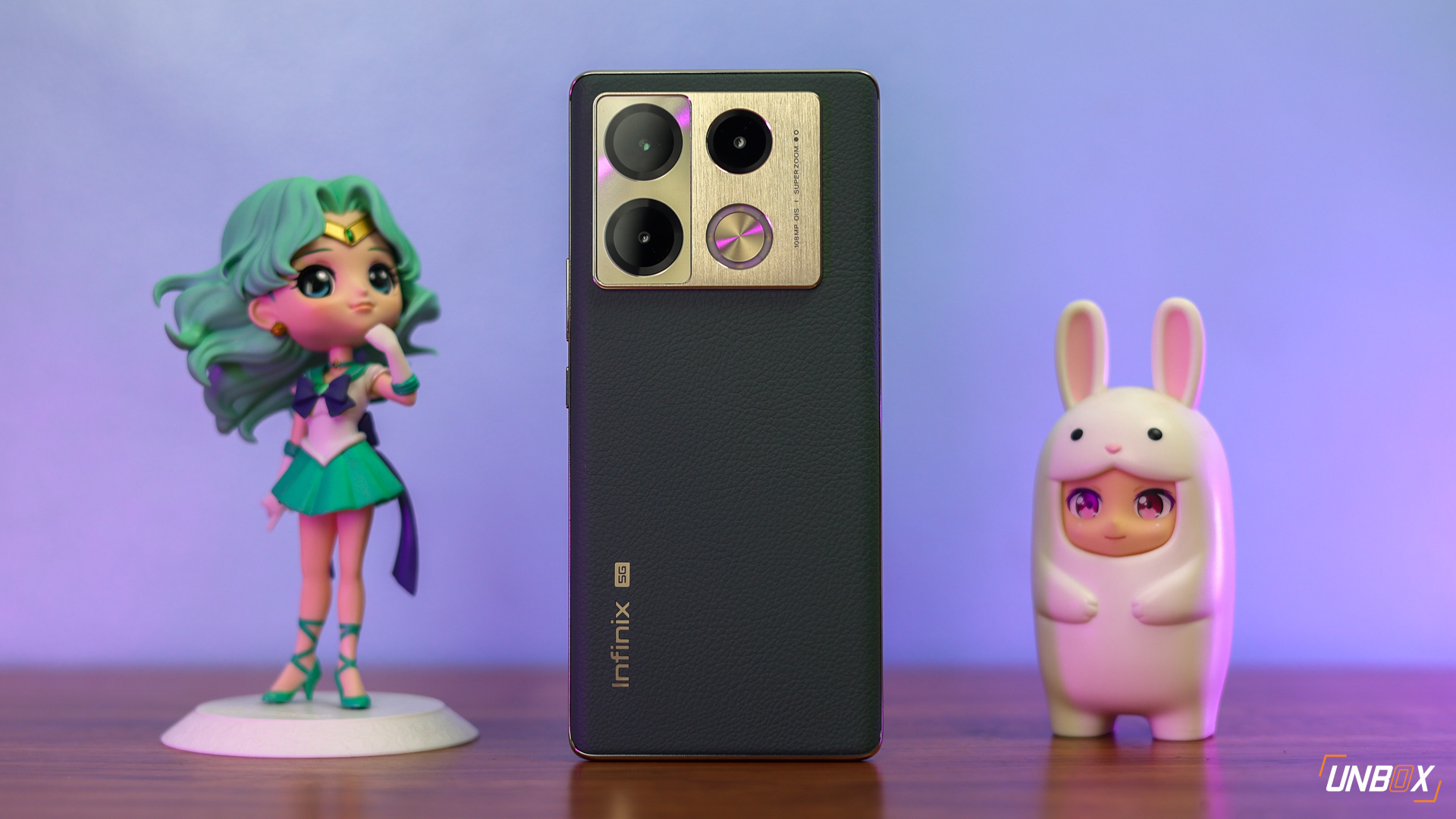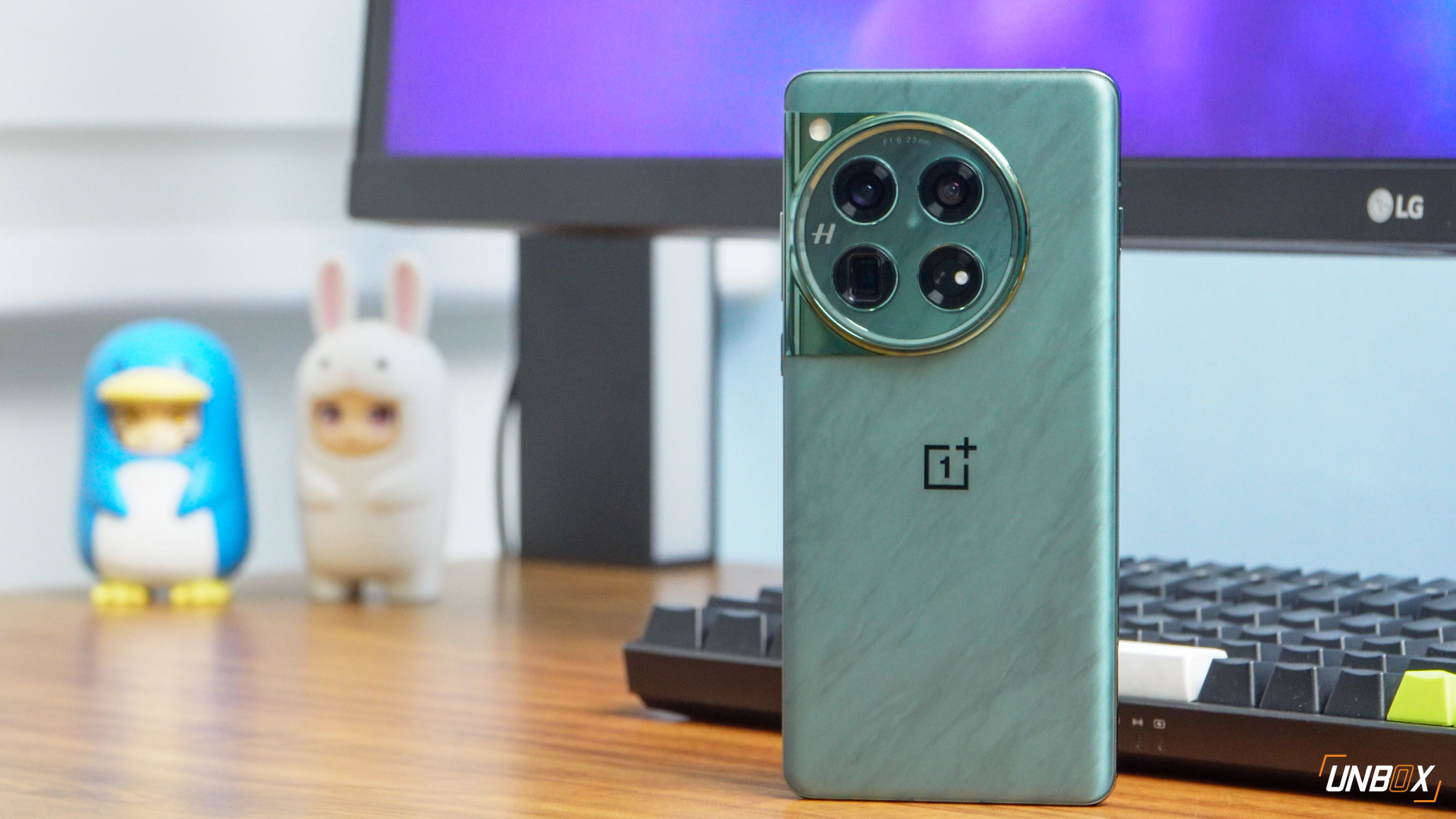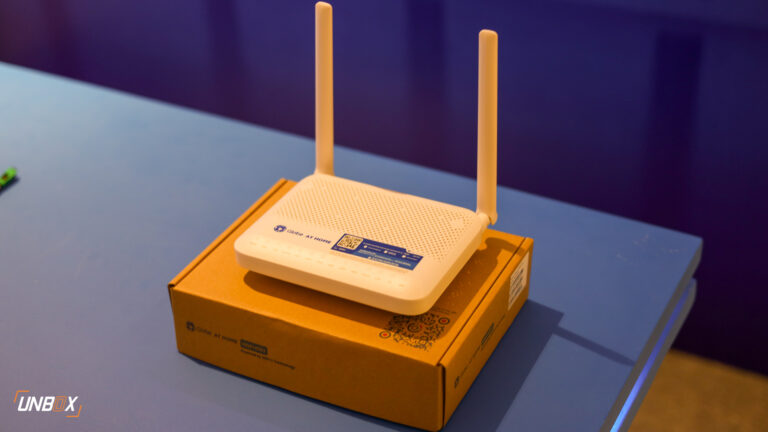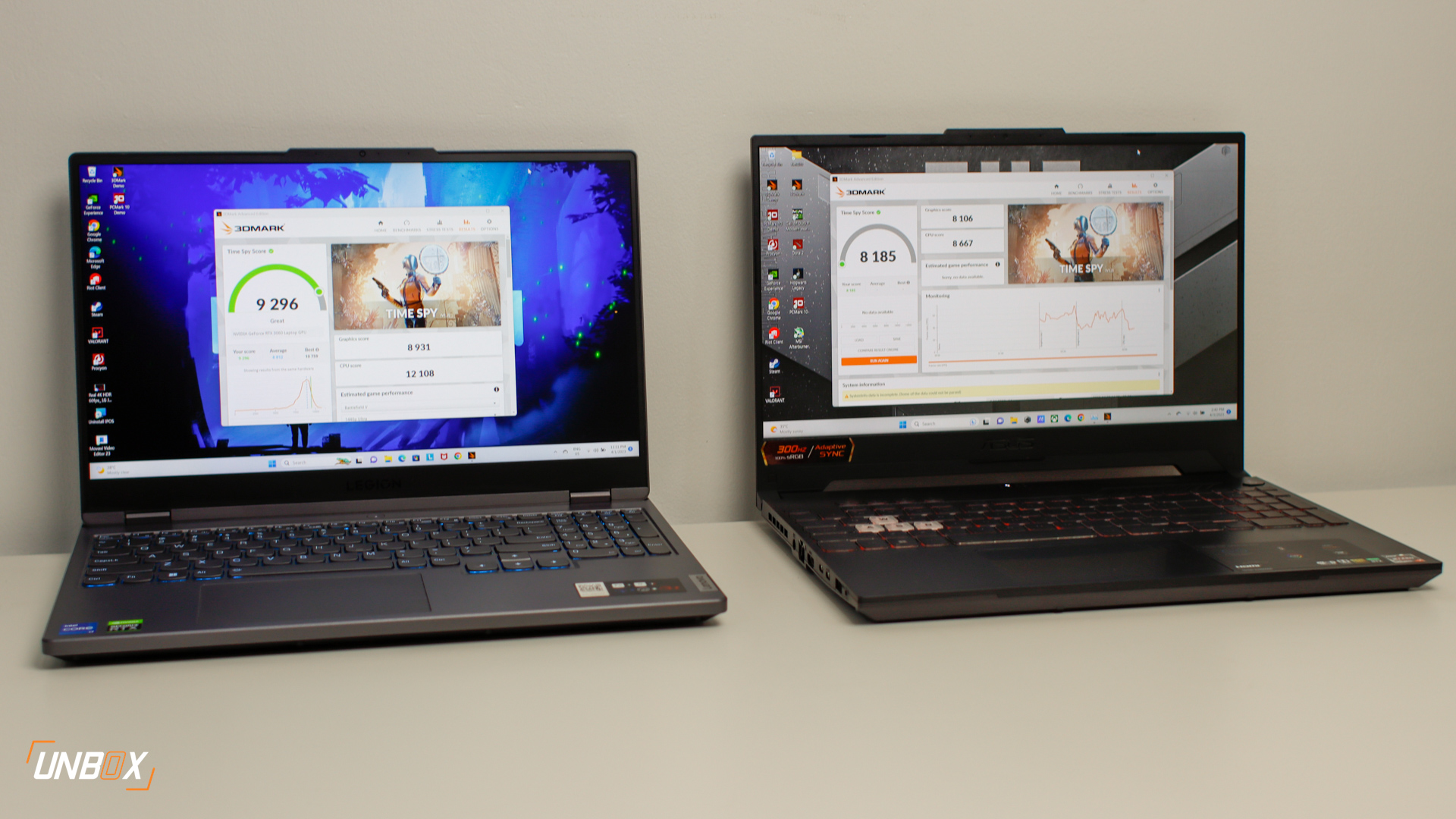As it aims to tax digital transactions and the people involved in it, BIR Commissioner Caesar Dulay said that their agency has set up a dedicated group to tackle all digital transactions.
To help them with their role, Dulay adds that they will be working with their counterparts from Russia and South Korea to come up with a functional tax structure for all digital transactions. Part of its coordination with both countries include learning best practices in handling digital transactions.
Finance undersecretary Carlos Dominguez acknowledges that the BIR needs to catch up in how it taxes digital transactions, especially in a time where a big chunk of transactions is done online due to the effects of the ongoing pandemic.
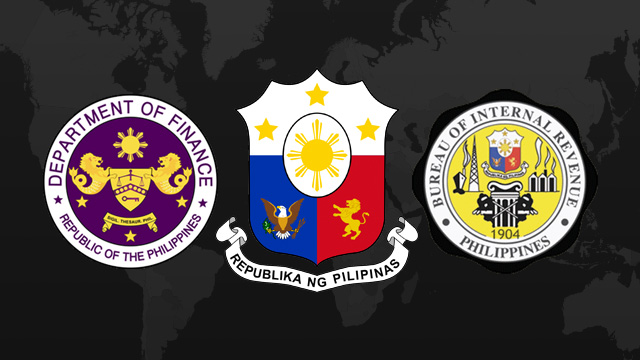
Prior to this, Congress has passed a measure last September that sought to impose a 12% VAT on digital transactions that include those from Facebook, Google, Netflix, YouTube, and more. Congress defines digital providers as “a service provider of a digital service or goods to a buyer, through operating an online platform for purposes of buying and selling of goods or services or by making transactions for the provision of digital services on behalf of any person.”
Aside from taxing tech companies for their services, BIR also issued a circular requiring social media influencers and content creators to pay taxes as well. While it has probed 250 social media influencers for tax compliance, BIR reports that 105 influencers have complied and registered with them.
In return, BIR estimates that it can add an estimated Php 29 billion in taxes, which can be used as resources in managing the ongoing pandemic.



